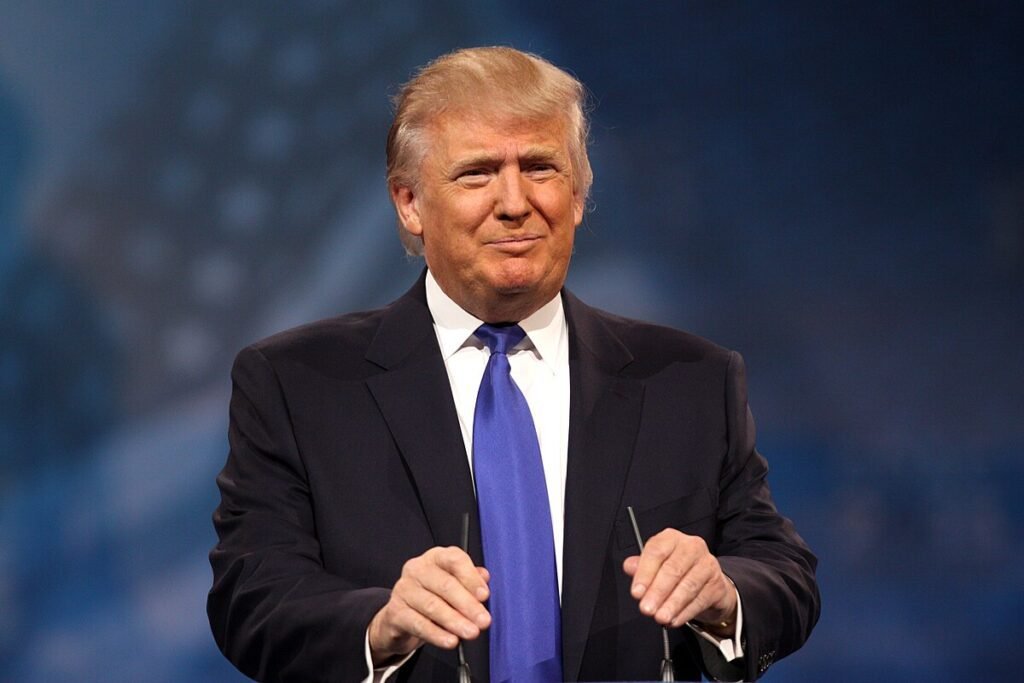In a highly anticipated decision, the US Supreme Court recently ruled on the extent of presidential immunity, granting former President Donald Trump broad protection from criminal prosecution for actions taken during his time in office. This ruling, stemming from a case related to Trump’s alleged efforts to overturn the 2020 election results, has significant implications for the boundaries of executive authority and the accountability of presidents under the law.
What is Supreme Court’s recent ruling regarding Donald Trump’s immunity?

The US Supreme Court recently handed a momentous ruling that granted former President Donald Trump sweeping immunity from criminal prosecution for his acts while in office. This ruling stems from a case involving Trump’s alleged attempts to overturn the 2020 election results.
What exactly did the Supreme Court decide?
In a 6-3 decision, the Supreme Court ruled that Trump is immune for his “official acts” as president. This means actions directly related to his constitutional duties are shielded from criminal prosecution. In any case, the Court emphasized that Trump is not safe from arraignment for “unofficial acts” amid his presidency.
What are the implications of this ruling?
The decision has significant implications for presidential accountability and the separation of powers. It raises questions about the extent of executive immunity and whether it could potentially shield presidents from legal consequences for certain actions.
How does this ruling affect Trump’s legal challenges and potential trials?
This ruling is likely to delay Trump’s federal trial on charges related to the 2020 election interference. It gives lower courts the task of determining which of Trump’s actions qualify as “official” versus “unofficial,” which could prolong legal proceedings.
What are the reactions to the Supreme Court’s decision?
The ruling has sparked a mix of reactions. Supporters argue it protects presidents from politically motivated prosecutions and preserves executive authority. Critics argue it could undermine accountability and allow presidents to act with impunity.
What does this ruling mean for future presidents?
The decision sets a precedent regarding presidential immunity, potentially impacting how future presidents are legally scrutinized for their actions in office. It highlights ongoing debates over the balance between executive power and accountability in American democracy.
The Supreme Court’s decision on Trump’s immunity represents a watershed moment in American legal and political history. By delineating the boundaries of presidential immunity, the Court has not only shaped Trump’s legal trajectory but also set a precedent that could influence the conduct and accountability of future presidents. As the nation moves forward, questions linger about the implications of shielding presidents from certain legal challenges and the broader impact on democratic governance. This decision prompts us to consider how best to uphold the principles of accountability and the rule of law while respecting the unique responsibilities of the executive branch.








